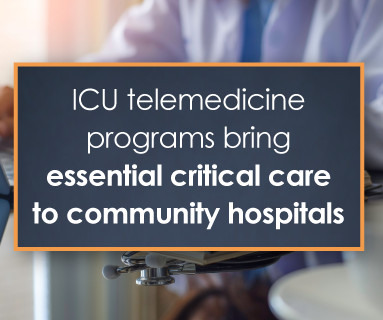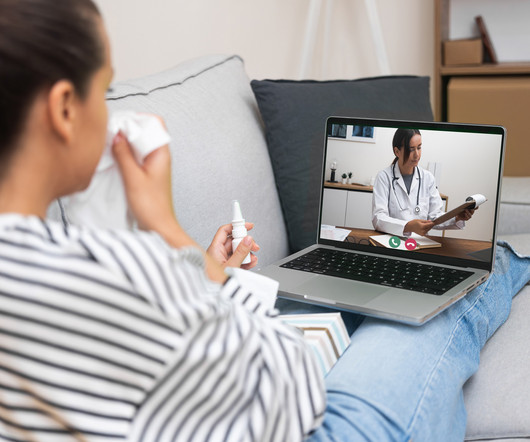ICU telemedicine programs bring essential critical care to community hospitals
Sound Physicians
MARCH 12, 2025
With the absence of intensivists on the ground in these community hospitals, the question becomes how to treat these patients where and when they need care. Partnering with a telemedicine critical care team alleviates the pressure on both the hospitalist team and the patients.














Let's personalize your content